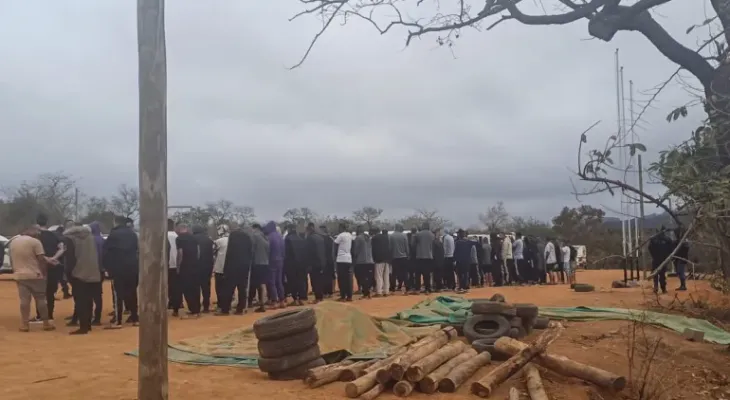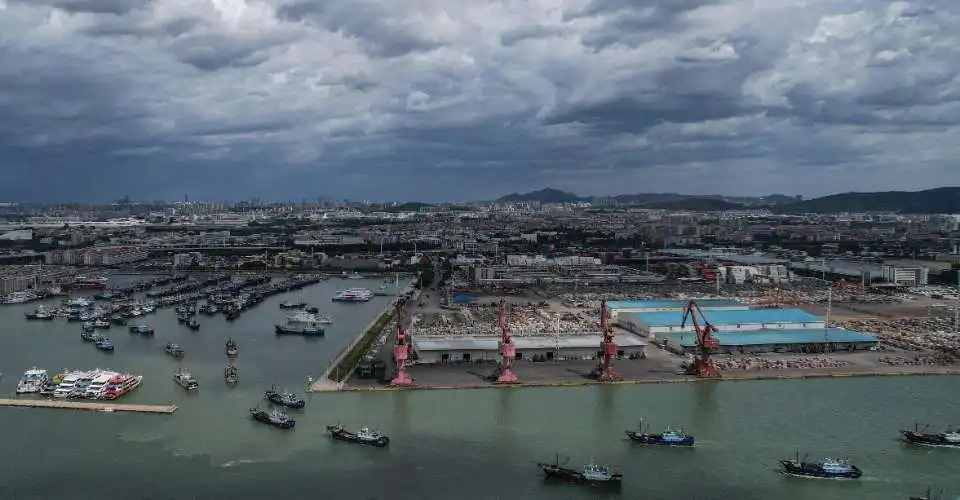
The number of bomb attacks has dropped across the country since the Taliban seized power last year in August, but several deadly bombings had rocked the country during Ramazan.
On Wednesday, 10 people were killed when three bombs placed on board separate minibuses exploded in the northern city of Mazar-i-Sharif, a health official and police said.
“The bombs were placed on three minibuses in different districts of the city,” Balkh provincial police spokesman Asif Waziri said, adding that 15 other people were wounded.
Najibullah Tawana, head of Balkh health department, said three women were among the 10 killed in the blasts on board the vehicles. Another bomb exploded inside a mosque in the capital Kabul, killing two people and wounding 10 others, the interior ministry said.
A doctor at a hospital tweeted that five people had been killed in the mosque blast and 22 others wounded.
Several ambulances rushed to the mosque in Kabul to ferry the victims of the blast, witnesses said.
The ministry said the bomb was placed inside a fan in the mosque. No group claimed the four bomb attacks on Wednesday. It was still unclear whether the bombings targeted any specific community.
Dozens of civilians were killed in Kabul and other cities during Ramazan in the primarily sectarian attacks — some claimed by the militant Islamic State group.
On April 29, 10 people were killed in a mosque in Kabul in an attack that appeared to have targeted members of the minority Sufi community who were performing rituals.
On April 21, a bomb at a Shia mosque in Mazar-i-Sharif had killed 12 worshippers and wounded scores more.
The deadliest attack during Ramazan was in the northern city of Kunduz when a bomb tore through a mosque also targeting Sufi worshippers on April 22.
Thirty-three people were killed in that blast and scores more were wounded. The regional branch of IS in Afghanistan has repeatedly targeted Shias and minorities such as Sufis, who follow a mystical branch of Islam.
The biggest ideological difference is that the Taliban pursued an Afghanistan free of foreign forces, whereas IS wants an Islamic caliphate stretching from Turkey to Pakistan and beyond. Taliban officials insist their forces have defeated IS, but analysts say the group remains a key security challenge.






